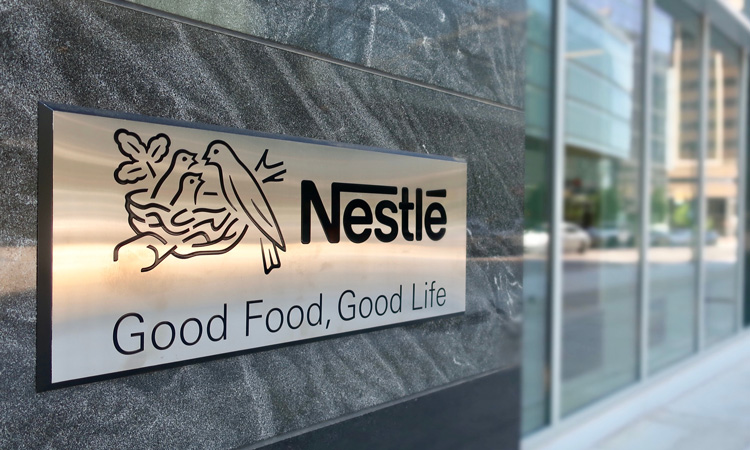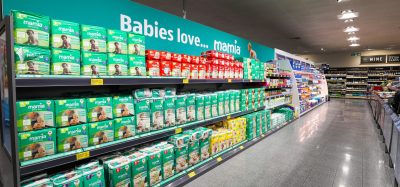Nestlé Annual Report highlights innovation and digitalisation as key growth drivers
- Like
- Digg
- Del
- Tumblr
- VKontakte
- Buffer
- Love This
- Odnoklassniki
- Meneame
- Blogger
- Amazon
- Yahoo Mail
- Gmail
- AOL
- Newsvine
- HackerNews
- Evernote
- MySpace
- Mail.ru
- Viadeo
- Line
- Comments
- Yummly
- SMS
- Viber
- Telegram
- Subscribe
- Skype
- Facebook Messenger
- Kakao
- LiveJournal
- Yammer
- Edgar
- Fintel
- Mix
- Instapaper
- Copy Link
Posted: 24 March 2020 | Sam Mehmet (New Food) | No comments yet
The Annual Report also includes details about Nestlé’s commitment to achieve zero net greenhouse gas emissions by 2050.


Nestlé expects the deal with Mindful Chef to be completed by the end of the year.
Nestlé has published its Annual Report for 2019, which contains Nestlé’s Annual Review including Creating Shared Value highlights. It also contains the Corporate Governance & Compensation Reports and the Financial Statements, which were first published on 13 February 2020, and remain unchanged.
Nestlé reportedly saw strong progress in 2019, with significant improvements in key operating and financial metrics.
Innovation is said to continue to give Nestlé a competitive advantage. In order to keep pace with rapidly-changing consumer preferences, the company has changed its approach to innovation, making processes quicker, enhancing rapid prototyping and creating accelerators.
The company funded 50 additional fast-track innovation projects leading to product launches within six to 12 months. It has also reportedly reduced the average duration of centrally led research and innovation projects.
Alongside a strong innovation engine, digitalisation was also said to be a key ingredient to continued business success. In 2019, e-commerce sales grew by 18.5 percent to account for 8.5 percent of total sales, suggesting that digitalisation continues to move the company forward.
Nestlé is also transforming operations by further digitalising its supply chains and manufacturing. The goal is to create a competitive edge through data, artificial intelligence, automation and predictive analytics. For example, at the end of 2019, 100 Nestlé factories were equipped with ‘collaborative robots’ that interacted with humans in a shared space or work safely in close proximity.
Nestlé also accelerated its climate change efforts to transition to a low-carbon economy, with a pledge to achieve zero net greenhouse gas emissions by 2050. As most of Nestlé’s carbon footprint relates to its sourcing of raw materials, Nestlé has committed to support its farmers and develop a series of initiatives in agriculture.
Nestlé also continued to work towards a waste-free future. The company inaugurated its Institute of Packaging Sciences, dedicated to the discovery and development of functional, safe and environmentally friendly packaging solutions. Nestlé deployed more sustainable packaging across its product portfolio, including the launch of paper packaging materials, increasing the use of recycled plastic in its water brands and introducing new bulk delivery systems. It also engaged in initiatives to support local recycling infrastructure and community-based waste management systems.
Related topics
Environment, Robotics & automation, Sustainability, Technology & Innovation, Trade & Economy









